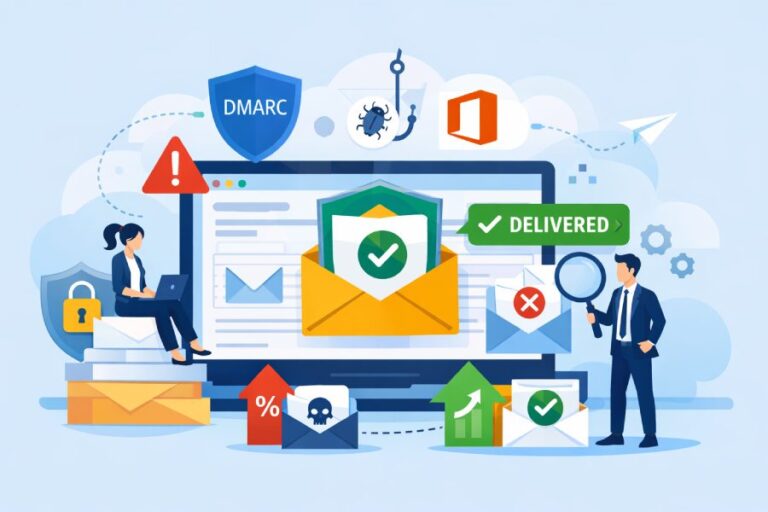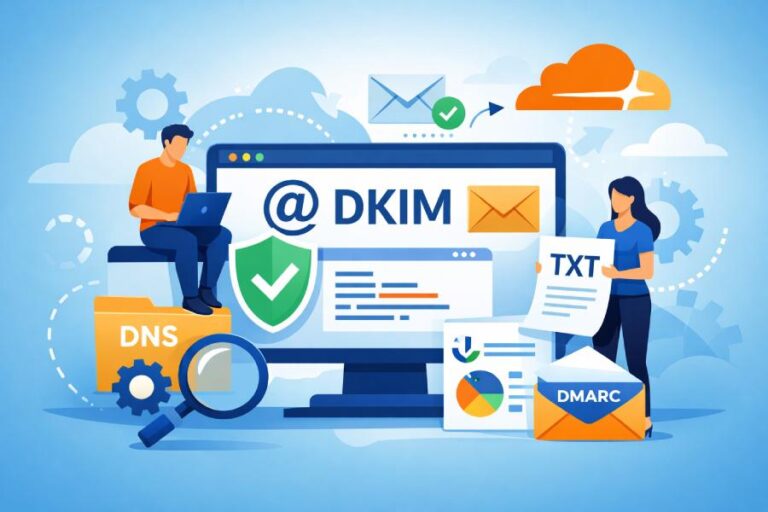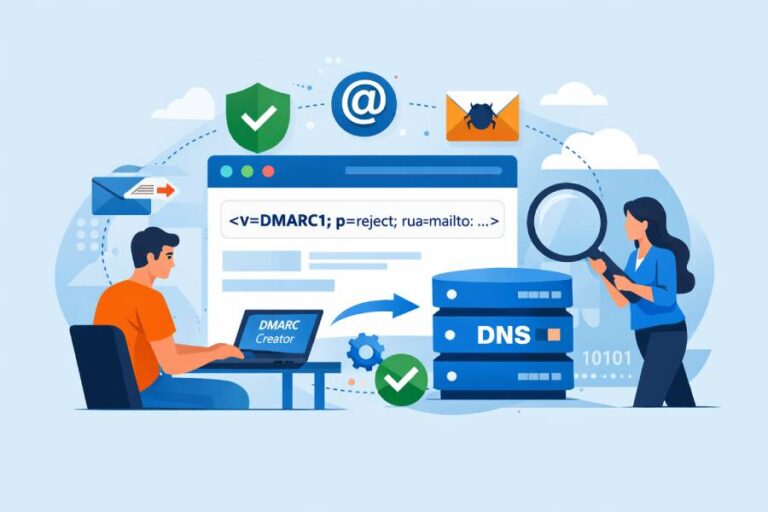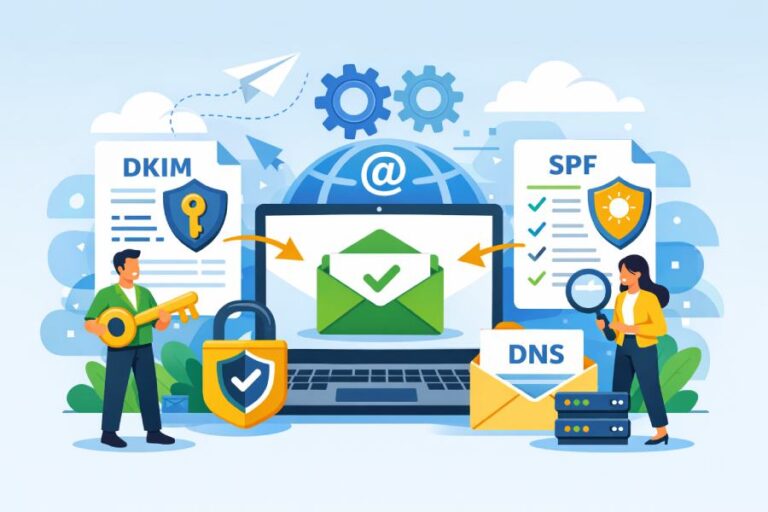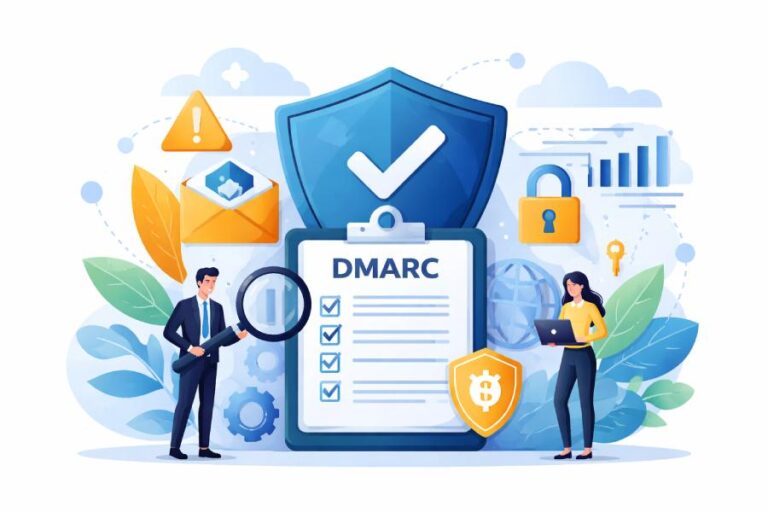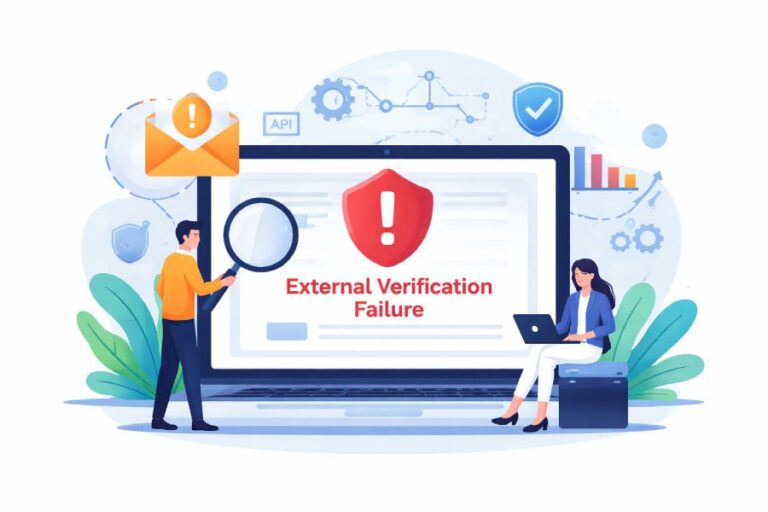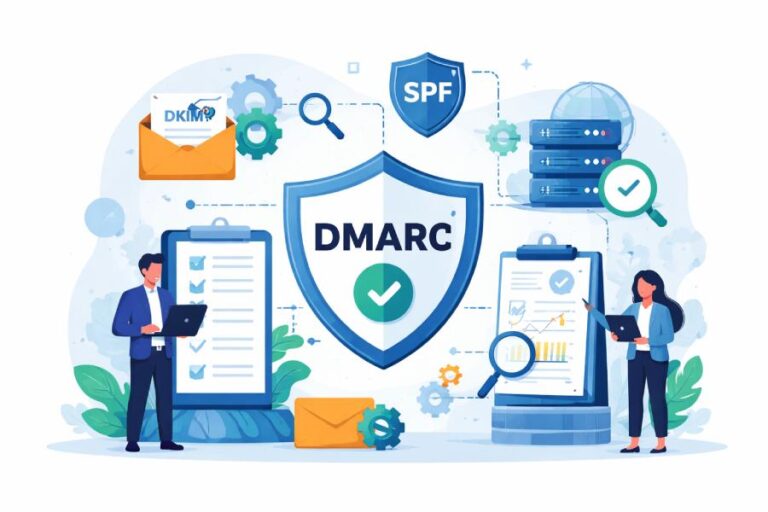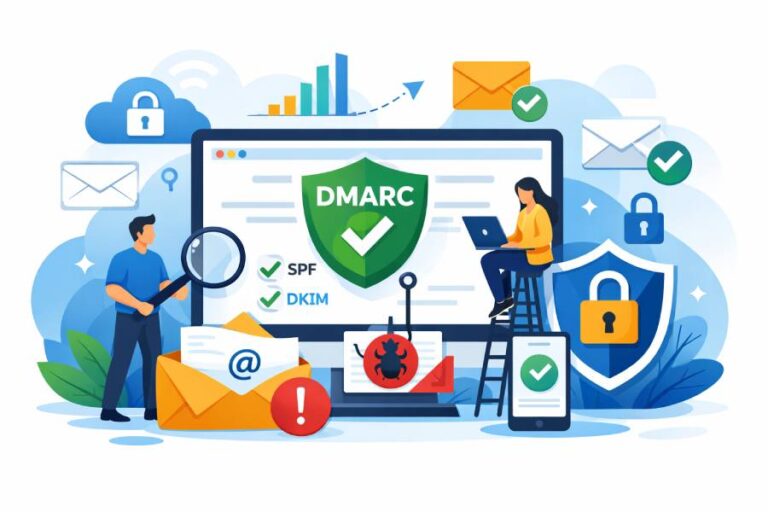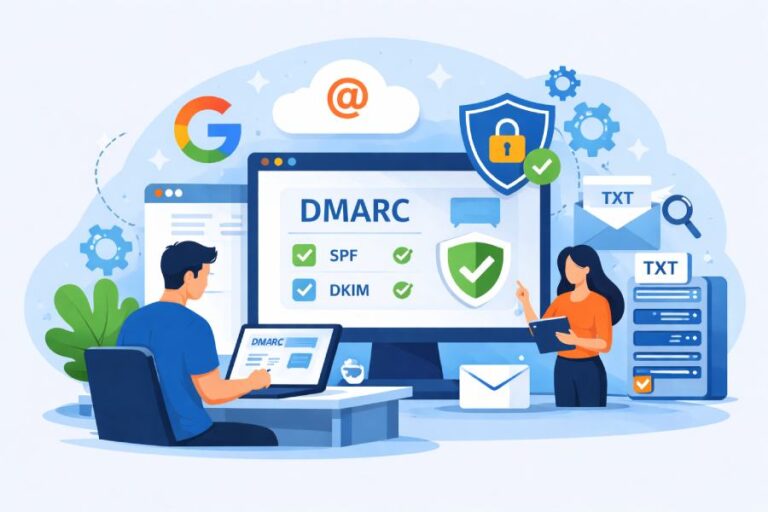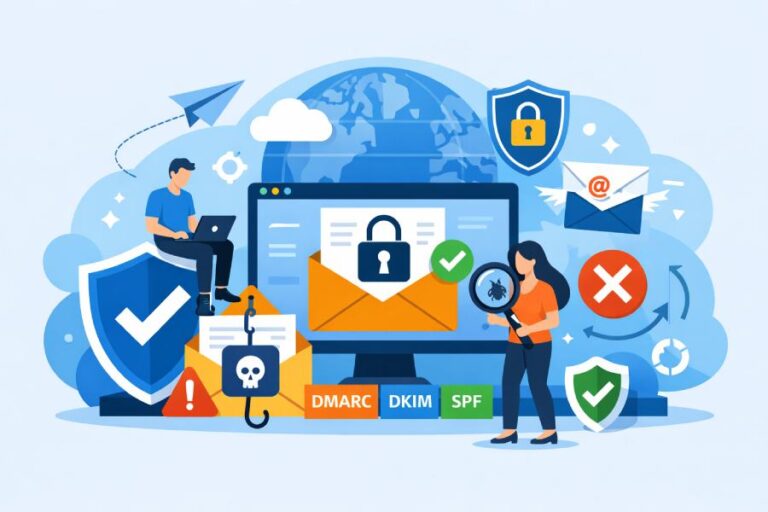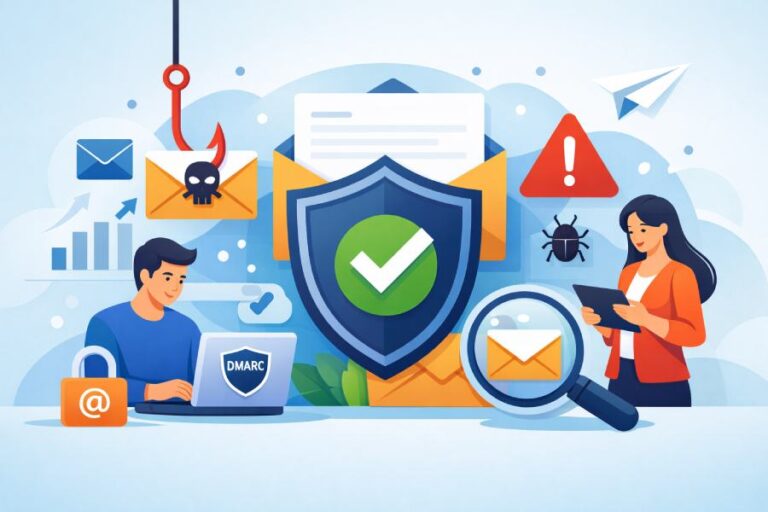What is the impact of DMARC on email deliverability for Office 365 users?
Implementing DMARC in Office 365 measurably improves inbox placement and reduces spoofing by giving Exchange Online Protection (EOP) and Outlook strong, aligned authentication signals (SPF/DKIM), but misconfiguration or unenrolled third‑party senders can lead to legitimate messages being quarantined or rejected—so phased rollout and continuous monitoring are essential. DMARC (Domain-based Message Authentication, Reporting, and Conformance) sits…

